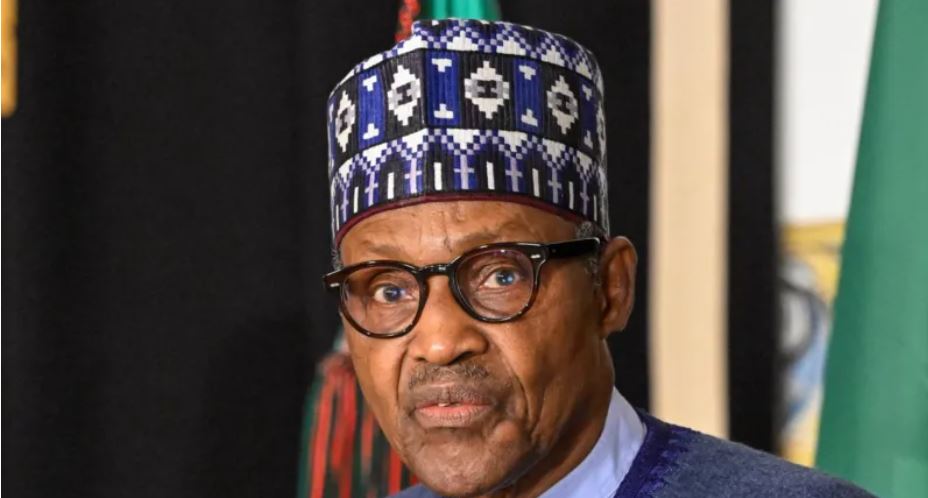Nigeria’s former President Muhammadu Buhari has been laid to rest in his hometown of Daura, Katsina State, following his death at the age of 82 in a London clinic. Buhari, a towering figure in Nigerian politics and one of only two individuals to lead the nation as both a military ruler and a democratically elected president, died after a brief illness, according to officials.
His body was flown back to Nigeria on Tuesday, where President Bola Tinubu led a solemn ceremony to receive the remains at the airport. The casket, draped in the national flag, was transported to Daura where Islamic funeral prayers were held at the central mosque, attended by hundreds of mourners.
Buhari was later interred in a grave within his residential compound. The ceremony was attended by dignitaries including President Tinubu, Guinea-Bissau’s President Umaro Sissoco Embaló, and former Vice-President Yemi Osinbajo. Military gunfire saluted the former leader, and the national flag covering his casket was ceremonially folded and handed to his family.
In honour of Buhari’s legacy, the Nigerian government declared Tuesday a public holiday and a seven-day period of national mourning. All national flags are to be flown at half-mast from Sunday, as the country pays its final respects to a leader remembered for his stern leadership and anti-corruption stance.
Buhari, a former army general, was first elected president in 2015, marking a historic moment as he became the first opposition candidate to defeat an incumbent, Goodluck Jonathan. He served two full terms until 2023.
Tributes poured in from across the political spectrum. Former President Jonathan described Buhari as “selfless in his commitment to duty” while General Ibrahim Babangida, who overthrew Buhari in a 1985 coup, praised him as “a moral compass” even in retirement.
Vice-President Kashim Shettima, who accompanied the body back to Nigeria, noted Buhari’s death came after a short illness, without providing further details.
As the nation reflects on his contributions, Buhari’s legacy continues to shape Nigeria’s political and historical narrative.

